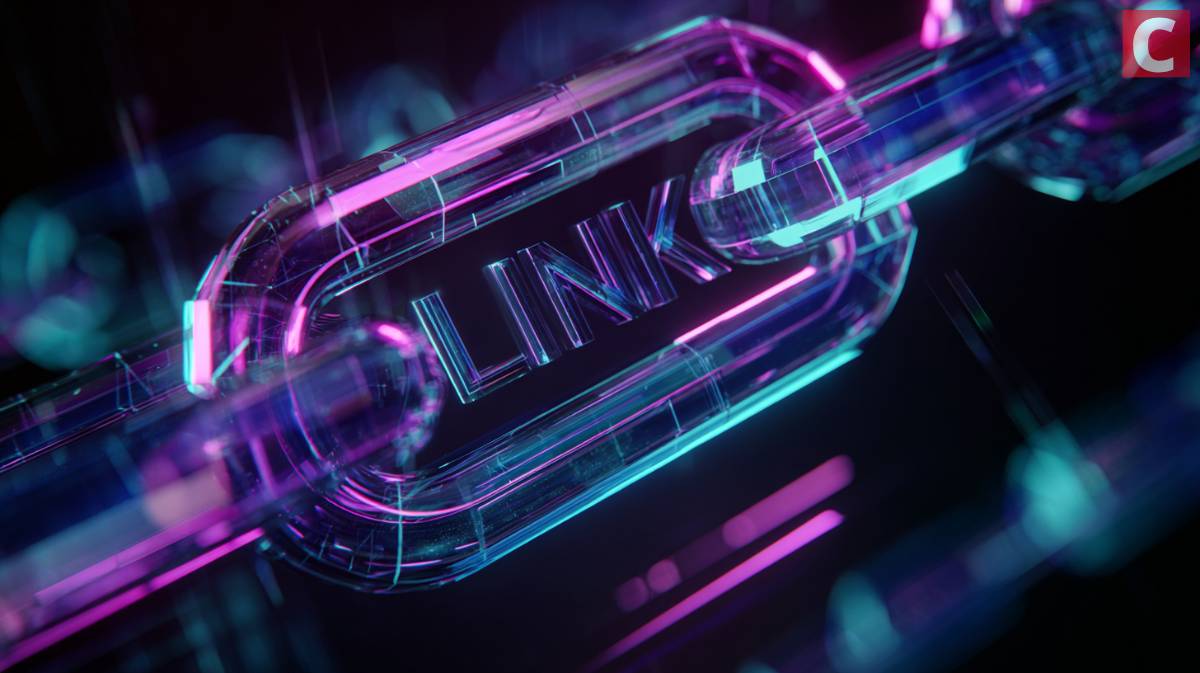
June 30th, 2025
Dive into the latest DeFi news and uncover important details about the evolving world of decentralized finance as the sector changes public interaction with financial services by ensuring direct access instead of using middlemen. DeFi offers users heightened control of their assets, as well as more financial services that are usually not obtainable when dealing with traditional platforms.
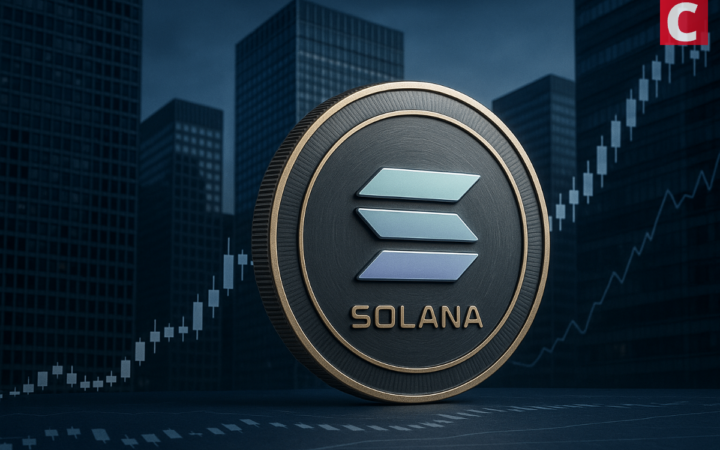
As corporations like DeFi Dev Corp. and Sol Strategies ramp up their Solana investments, SOL’s bullish fundamentals are gaining strength, eyeing $500+.
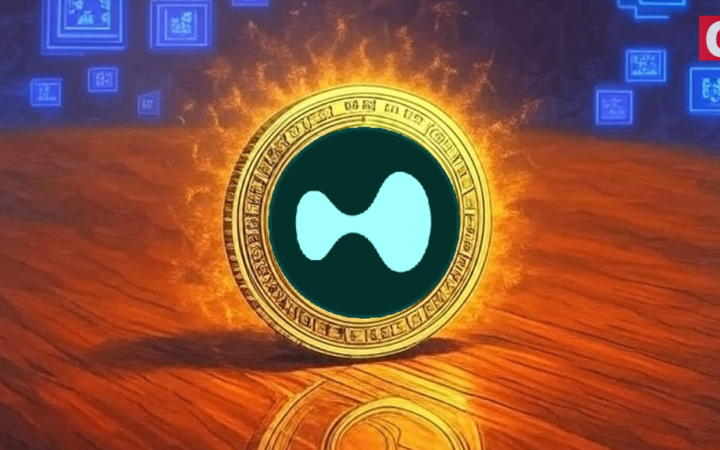
Hyperliquid’s native token HYPE has erupted to new highs amid record-breaking derivatives activity and a bold regulatory move with the CFTC.
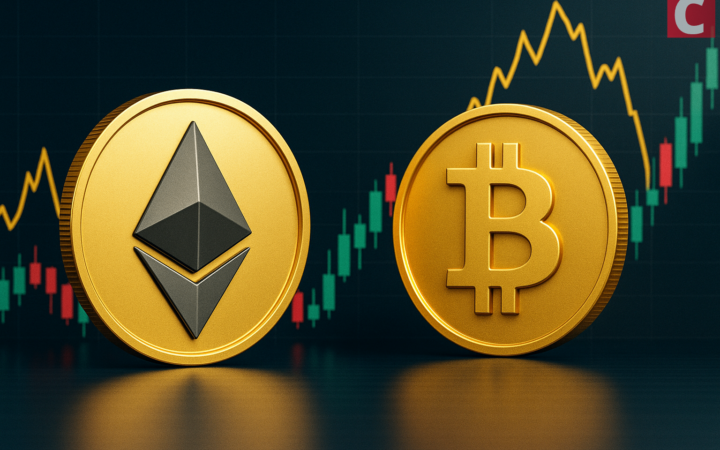
Bollinger Bands signal incoming volatility for the ETH-BTC pair as Ethereum’s Pectra upgrade approaches.

The FCA wants input on staking, lending, DeFi, and more as it moves to regulate crypto under upcoming UK law.

Loopscale recovers $2.8M after a DeFi hack, negotiating with the attacker for the return of more funds through a bounty program.

KiloEx recovers $7.5M after a major exploit, rewarding the white hat hacker and pledging stronger security measures moving forward.
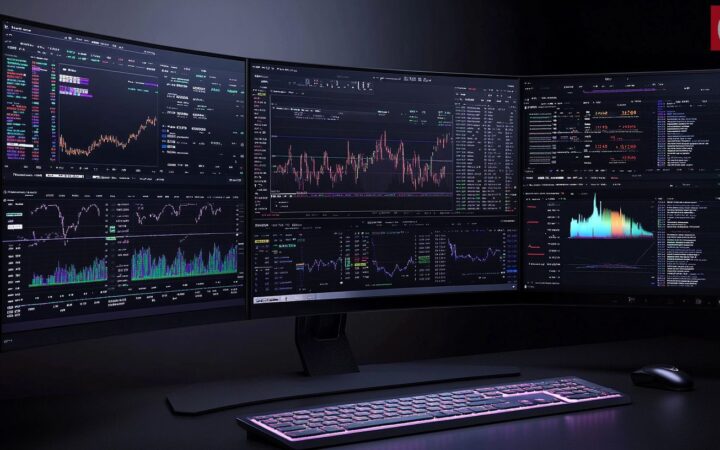
DeFi TVL fell by $48B in Q1 2025 as altcoins tumbled, while Bitcoin dominance rose to 59.1% amid market uncertainty and meme coin declines.
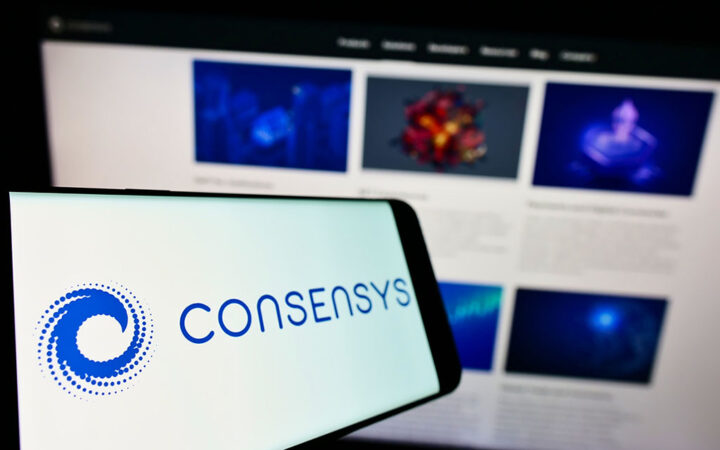
Blockchain giant Consensys appeals to SEC Commissioner Peirce, presenting four key arguments against classifying DeFi protocols as crypto exchanges amid ongoing regulatory disputes.
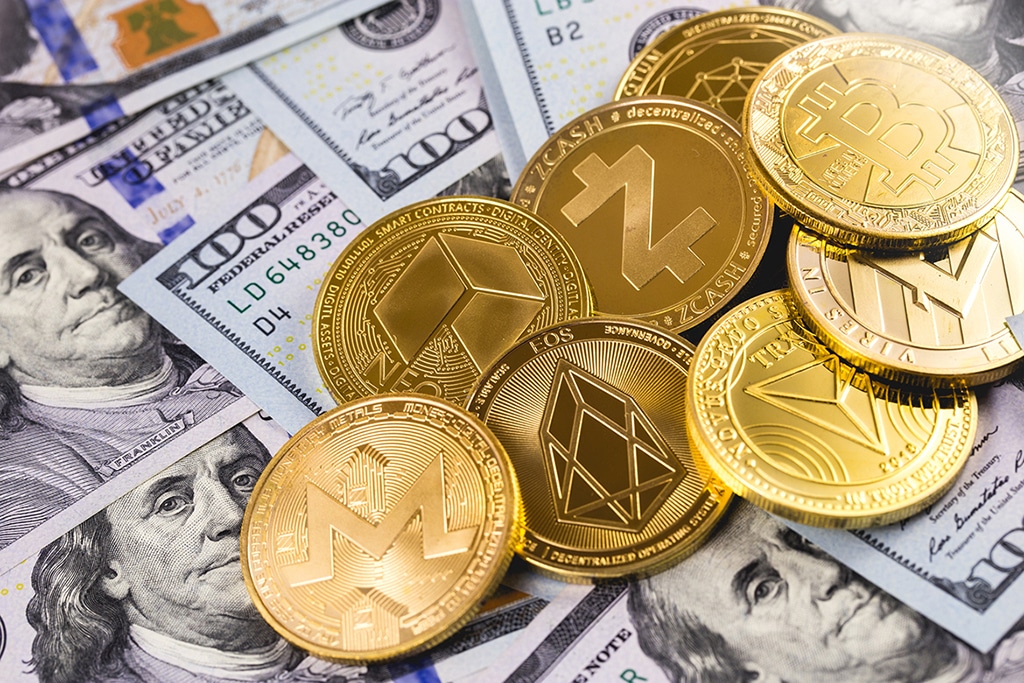
Investment firm Brevan Howard Digital commits $20 million to Kinto, an Ethereum layer-2 solution designed to facilitate institutional participation in DeFi.

SONEX, an AI-driven decentralized exchange, secures $1 million in seed funding from notable investors including Outliers Fund and Gate Ventures to revolutionize DeFi with AI agents.
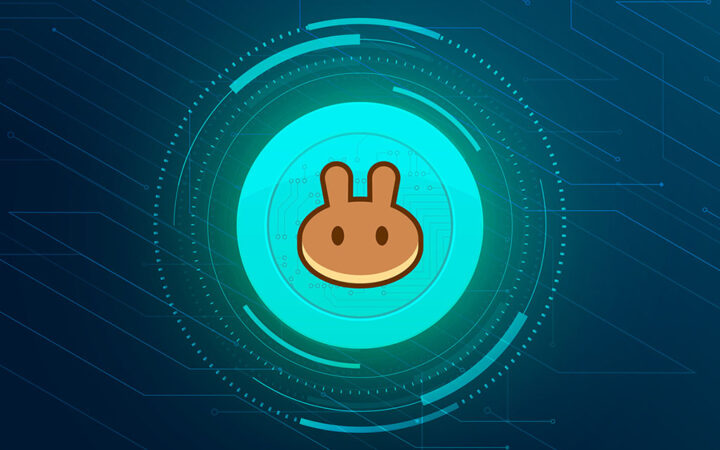
PancakeSwap closes 2024 with unprecedented $310 billion trading volume, showcasing massive growth through Layer-2 networks like Arbitrum and Base, while introducing innovative features like SpringBoard.

The crypto market losses due to thefts and rug pull stood at $71 million in November 2024, a sharp 79% drop from the $343 million lost in November 2023.
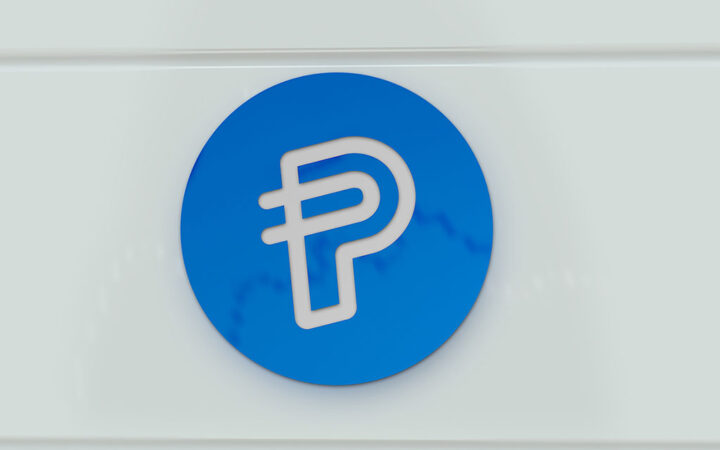
Kamino’s decision to raise the limit appears to be a response to the growing demand for lending services within the DeFi ecosystem.
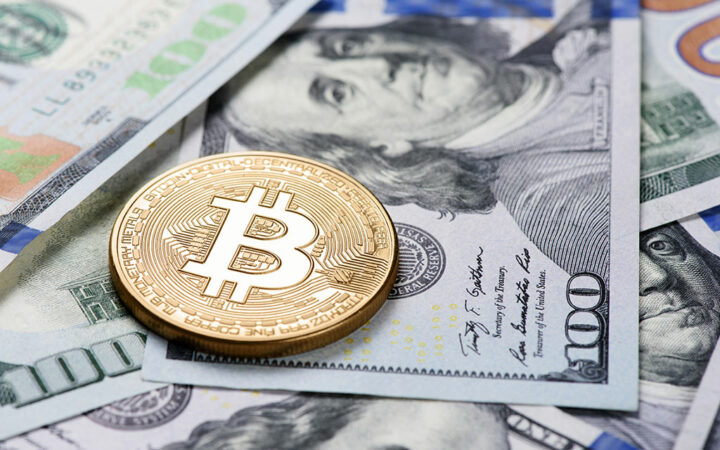
On July 17, BlackRock’s Bitcoin ETF, known as IBIT, recorded the highest inflow in a single day, bringing in a total of $110.37 million.
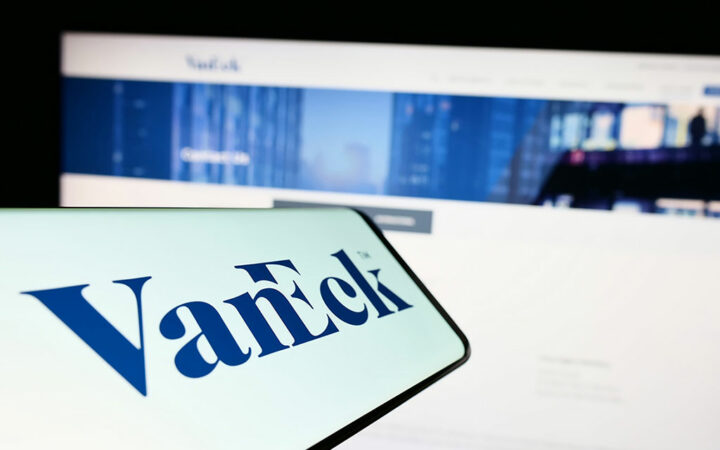
Prominent figures like Gurbacs are using this event to highlight perceived inconsistencies in regulatory practices.
DeFi is a short way of writing decentralized finance. Generally, DeFi encompasses cryptocurrencies and financial smart contracts, protocols, and decentralized applications (dApps) that are built on the Ethereum ETH $2 490 24h volatility: 2.2% Market cap: $300.35 B Vol. 24h: $17.41 B blockchain. To break it down further, DeFi is simply a blockchain-based financial software that can be joined together piece by piece like Legos.
DeFi represents a shift from traditional financial systems, as it gives people more direct control over their financial transactions. Using blockchain technology, DeFi platforms remove the need for financial intermediaries like banks, by automating most financial functions through smart contracts. These smart contracts control borrowing, lending, and trading, executing specific functions depending on the rules of the contract’s code.
The decentralized nature of DeFi ensures that users fully control their assets, unlike the traditional financial system, which has centralized institutions in control. This feature is executed smoothly because the blockchain is transparent, with transactions easily verifiable by anyone. Transparency is another advantage of decentralized finance, as no transactions or network decisions are shrouded in secrecy. As a result, DeFi has been effective in attracting users who want alternatives to traditional finance.
Another prominent feature of the decentralized finance sector is accessibility. While conventional options have high entry barriers, including high fees, strict identification requirements, and geographical restrictions, DeFi is available to anyone with an internet connection. The technology has been useful in satisfying areas where access to banking infrastructure is limited.
However, despite its exciting perks, DeFi comes with a few risks and challenges. These include smart contract vulnerabilities and unsupportive or unclear regulations. Nevertheless, the future of DeFi is promising as projects continue to innovate and create cohesion between the traditional and crypto sectors.
Explore the DeFi guide for more details about innovations and new features transforming the global financial sector.
Decentralized finance (DeFi) refers to a financial system that eliminates intermediaries using blockchain technology. DeFi platforms let users engage in financial activities directly, using smart contracts to automate the processes and ensure transparency.
There are several ways to earn money with DeFi. Users can consider providing liquidity to decentralized exchanges (DEXs) for trading fees or staking tokens in Defi protocols for rewards. Nonetheless, all users should thoroughly understand potential risks before starting.
The best DeFi wallet depends on individual needs. For instance, people who prioritize convenience may prefer a hot wallet like MetaMask or Trust Wallet. On the other hand, people who are more worried about security breaches may use a cold wallet like Trezor or Ledger.
DeFi offers several advantages over banks, including lower fees and faster transactions. In addition, users enjoy global accessibility and much more transparency than conventional systems.